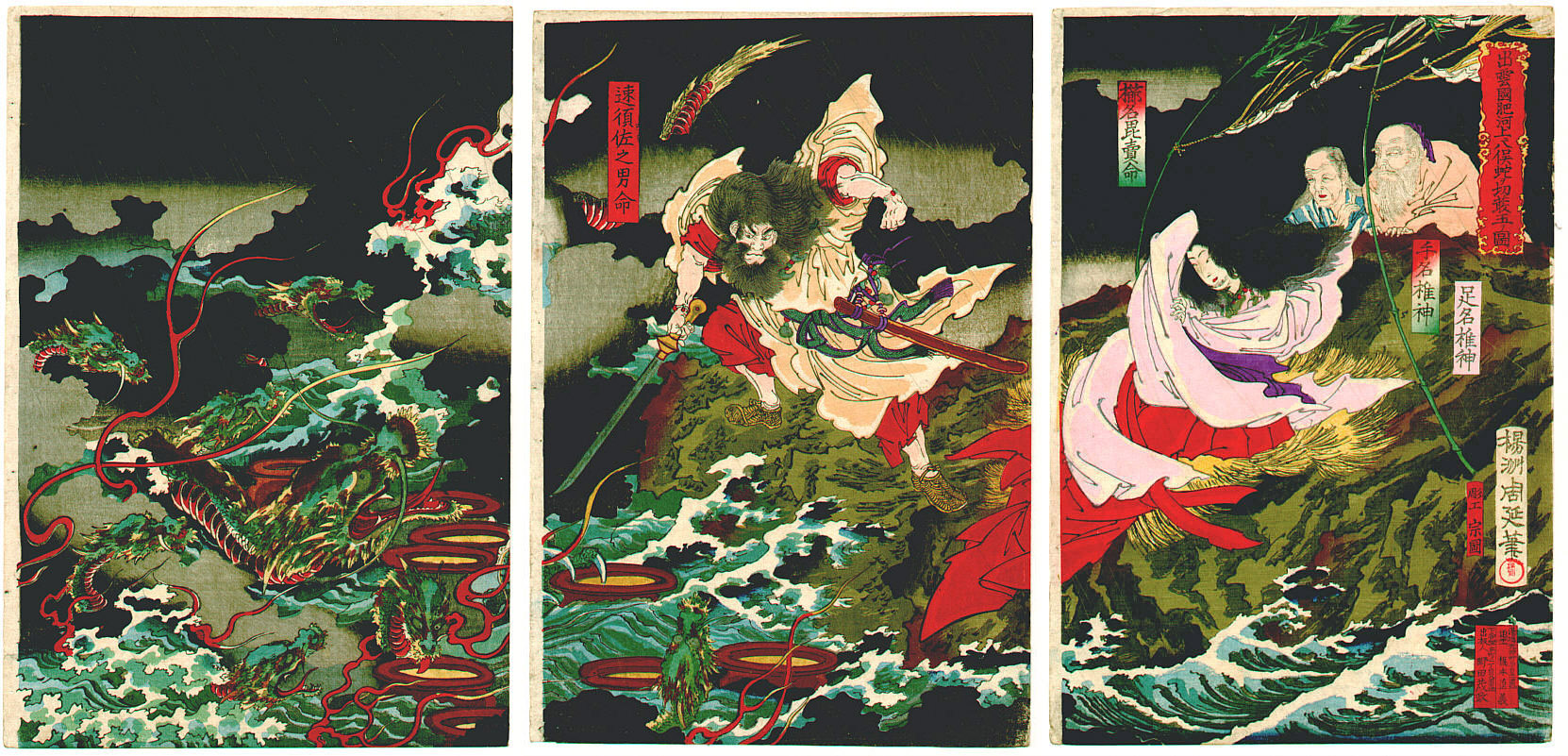"Much that is kindly and gracious in the life of the Japanese today," wrote the eminent historian George Bailey Sansom in 1931, "can be traced to those sentiments which caused their remote ancestors to ascribe divinity not only to the powerful and awe-inspiring ... but also to the lovely and pleasant."
Gods come in many shapes and forms, endowed with myriad attributes. There are powerful gods and powerless gods, friendly and malicious gods, life-giving and life-destroying gods, gods who demand animal and human sacrifice and gods who wouldn't dream of such a thing.
The untamed primitive imagination is sensitive to its environment as ours can never be again. The founding environments of Western civilization — the deserts of Mesopotamia, the stony soil and craggy mountains of Greece — were harsh and unforgiving. They bred harsh and unforgiving gods. The contrast to Japan is stark. Japan's gentle climate and yielding landscape bred "kindly and gracious" gods, whose people, if Sansom is correct, take after them.


















With your current subscription plan you can comment on stories. However, before writing your first comment, please create a display name in the Profile section of your subscriber account page.